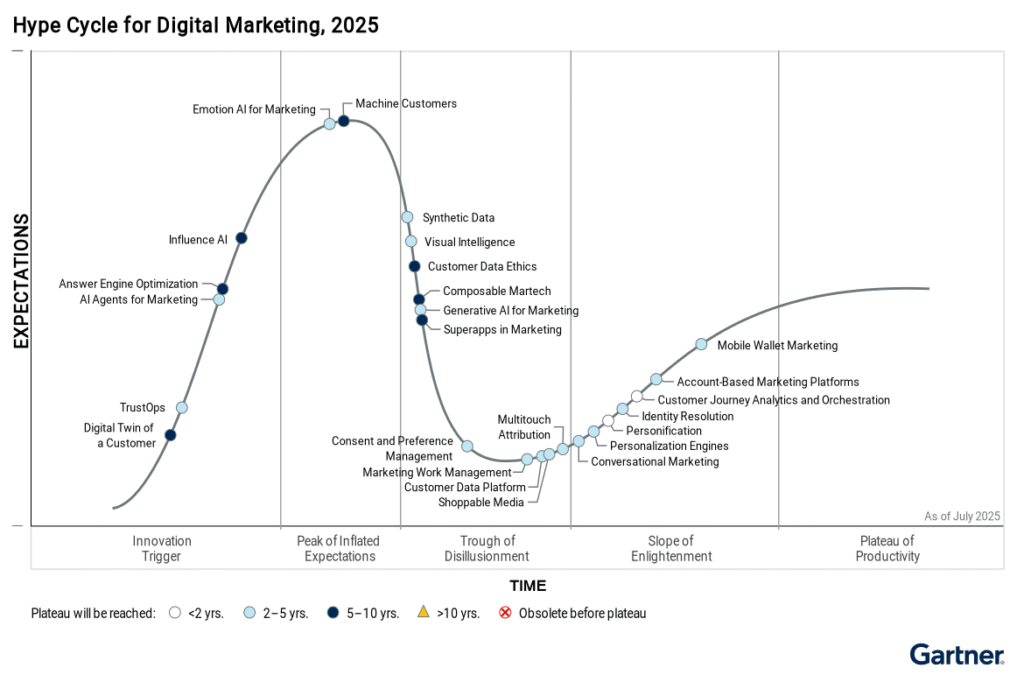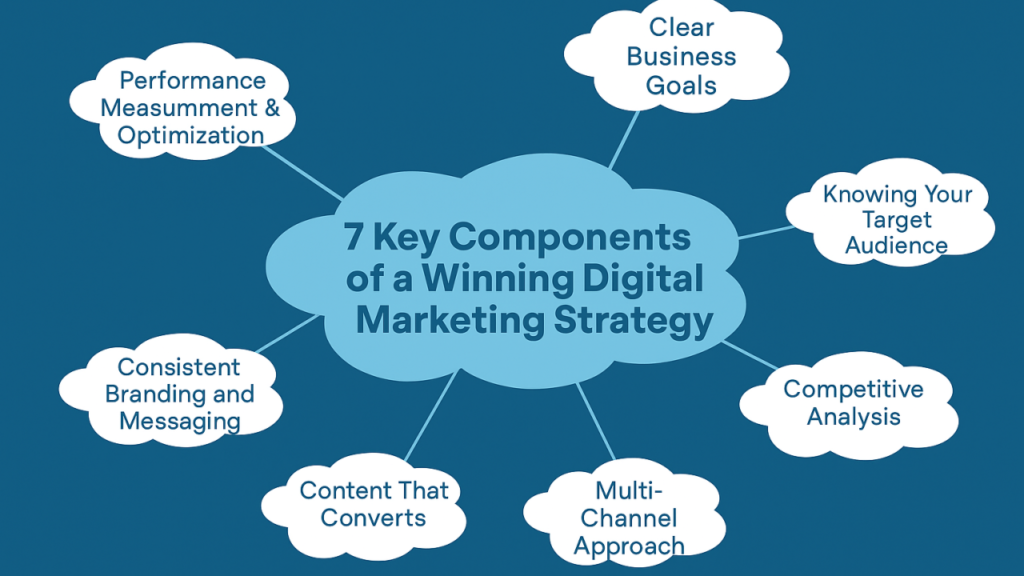Currently Empty: $0.00
Marketing
YOGITA
DIGITAL MARKETING VALUE IN 2026
As we know the change is the law of nature as well as it is important in day to day life . So here are a big modification in business scenario and ai took places in marketing . A new trend is prevailing that is Digital marketing .Lets discuss about importance of digital marketing or you can say value of digital marketing
STRATIGIES IN DIGITAL MARKETING
- Digital Discovery is Non-Negotiable: With more than 70% of consumer paths starting online, a robust digital footprint is no longer a luxury—it’s the only way to remain visible in a crowded market.
- The Shift to Generative Search: SEO has evolved into Generative Engine Optimizations (GEO); brands must now focus on influencing AI-driven recommendations rather than just ranking for static keywords.
Authenticity Beats Branding: In an era of AI-generated clutter, consumers value “human” connection. Building authority requires personal storytelling that transcends corporate logos to earn genuine trust.
DIGITAL MARKETING TRENDS

AI DRIVEVN IN BUSINESS NOW A DAYS
FIRST PARTY DATA STRATIGY IS MISSION OF THE NEW TREND
SEARCH EXPAND BEYOND ENGINES
SHORT TERM VIDEOS FOR SUPPORT
BRAND PROMOTION
SEO ANYLASIS
increase digital marketing value
PLANING IN DIGITAL MARKETING
Planning marketing trends
Planning-related trends cover how marketing is managed, and within digital marketing, deploying the latest marketing technology is a large part of this. It’s no surprise that Martech trends for 2026 will be dominated by AI for marketing.
I’ve long used Gartner Hype Cycles to inform my commentary on digital marketing trends, with the latest release a good starting point for assessing macro trends in digital marketing. This 2025 Gartner Digital Marketing Hype Cycle has been syndicated by Tealium.

As we noticed the previous year trend so it will defenitly hipe the marketing
SEVEN KEY COMPPONENTS OF DIGITAL MARKETING ARE AS FOLLOW
 CONCLUSION Digital marketing also emphasizes the importance of content quality and engagement. Creating valuable, relevant, and engaging content helps build trust and loyalty among customers. Social media platforms, blogs, and email marketing are powerful tools that facilitate two-way communication, allowing brands to interact directly with their audience and foster long-term relationships.
CONCLUSION Digital marketing also emphasizes the importance of content quality and engagement. Creating valuable, relevant, and engaging content helps build trust and loyalty among customers. Social media platforms, blogs, and email marketing are powerful tools that facilitate two-way communication, allowing brands to interact directly with their audience and foster long-term relationships.
Moreover, digital marketing is highly adaptable and dynamic. It evolves rapidly with technological advancements, such as artificial intelligence, machine learning, and automation. which enhance targeting, personalization, and efficiency. This adaptability ensures that businesses can stay competitive and responsive to changing market trends and consumer behaviors.
However, digital marketing also presents challenges, including privacy concerns, data security, and the need for continuous learning to keep up with new tools and platforms. Ethical considerations and transparency are crucial to maintaining consumer trust in the digital space.
In conclusion, digital marketing is a powerful and indispensable tool for businesses in the digital age. But Its ability to reach targeted audiences, leverage data analytics, foster engagement, and adapt to technological changes makes it a cornerstone of successful marketing strategies. Businesses that embrace digital marketing effectively can achieve greater visibility, customer loyalty, and growth in an increasingly competitive marketplace.



